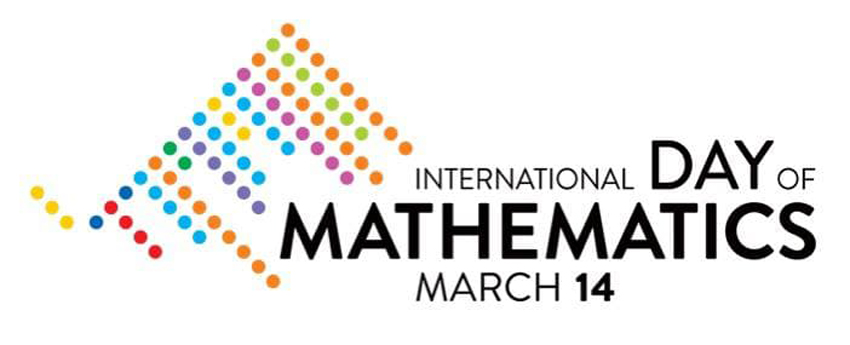International Day of Mathematics to be Celebrated This Weekend
AKP Phnom Penh, March 10, 2021 --
On Mar. 14, the Ministry of Education, Youth and Sports; UNESCO and the international community are celebrating the International Day of Mathematics, according to a press release from UNESCO.
In many countries, March (3/14) is already celebrated as Pi Day because π, one of the world’s most widely-known mathematical constants can be rounded to 3.14. The International Day of Mathematics aims to showcase the fundamental role played by the mathematical sciences in the achievement of the United Nations’ Sustainable Development Goals (SDGs) including reinforcing Gender Equality.
Greater global awareness of mathematical sciences is vital to addressing challenges in areas such as artificial intelligence, climate change, energy and sustainable development, and to improving the quality of life in both the developed and the developing worlds. UNESCO’s 40th General Conference proclaimed Mar. 14 of every year International Day of Mathematics in November 2019 (40C/ Resolution 30).
This year’s theme is “Mathematics for a Better World” to emphasise the central role of mathematics in providing the models and tools to help the international community understand, monitor, and control the spread of the virus.
As part of “Komar Rien Komar Cheh”, STEPCam has developed new teaching and learning materials packages for Grade 1 and 2 mathematics that were launched by MoEYS on Nov. 28, 2020 after piloting them in 2019 and 2020. 2,050 Grade 1 teachers in five target provinces of Siem Reap, Oddar Meanchey, Preah Vihear, Kratie and Stung Treng, and 827 Grade 2 teachers in Siem Reap province have been trained on how to adopt the new maths teaching and learning materials package, which includes a teacher guide, an exercise book, a student support book and additional teaching and learning materials.
Ms. Yi Sophana, Grade 1 teacher at a primary school in Pouk district in Siem Reap province found that the teaching and learning materials equipped her with new teaching methods that help strengthen the quality of teaching mathematics in the classroom. “Students are more active participants in their learning,” she said. “They are enjoying learning and playing various games from their student workbook with their parents, siblings and friends at home.”
The new materials aim to create a love and joy for learning mathematics. They incorporate an inquiry- and play-based approach that makes learning mathematics exciting and accessible.

By Heng Panha





